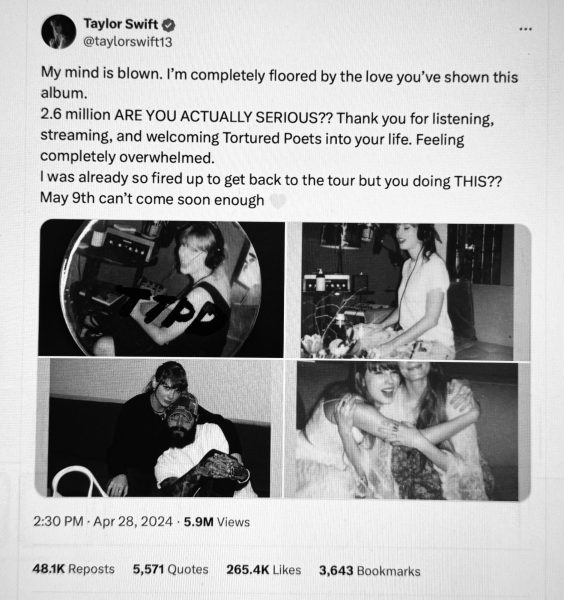Benefitting from rejection
In my life lately, there has been a lot of focus on rejection. A friend is going through a breakup. Another didn’t get into the grad school she was hoping for. I’m currently trying to prioritize things in my life, including turning down offers that may have hurt other individuals. If ever my life has had a “theme of the week,” this one is “rejection.”
I’ve always wondered why rejection “stings.” Rejection is an action, a verb, not a feeling. It can inspire feelings, but rejection itself, cannot sting. True, we can personify rejection into some sort of scorpion-hybrid noun/verb/whatever and make it sting, but I’m not talking about rejection in art. I’m talking about rejection in real life.
When we speak of rejection, it’s always one sided — we almost always speak of the person who received the rejection, the one who felt its proverbial “sting.” We rarely speak of the side that does the rejecting, unless it’s to curse them or insult their mother.
But we never talk about the good side of rejection — yes, it exists. Don’t worry, I’m not going to go all “When He closes a door …” on you. The feelings that come from being rejected or rejecting someone may suck, yes, but because of them we end up not focusing on what a rejection leaves behind.
Let’s start with the side that’s always talked about — the one who got rejected. It doesn’t really matter if you got turned down for a date or if one of your grad schools sent you the “Thank you, but no” letter, the aftermath isn’t fun. We’ve all been there, and we’ll all be there again.
Dealing with the aftermath of whatever rejection it is, is never really pleasent. For me, it feels like someone has taken my inner-keyboard and moved all the keys around to spell an insulting message. My plan didn’t go — there wasn’t even an “according to.” Instead it was stopped before it got off the ground.
For me, rejection ultimately implies a loss of power — and the easiest way to bounce back is to regain that power. So yes, I could whine and moan, or I could get something done.
Rejection isn’t all bad. It forces the rejected to seek new avenues, make new plans. To steal some words from one of my best friends, it forces me to “think sideways.” Forward no longer works, no one can move backwards (still waiting on that time machine, inventors), so really the only option is one that hadn’t been considered before. And there it is, your control back.
Now for the part we never really talk about — the one doing the rejecting. The after-effects of rejecting someone, whether it’s from a job or a date, still hurt. Even schools, I’d imagine (and hope), would love to take on all students who want to learn — but can’t. Contrary to what I like to pretend, I’m not completely heartless — I don’t enjoy the act of rejection. I don’t like hurting people, I’d imagine (and hope) the rest of you out there don’t either. I won’t pretend that rejecting is worse that getting rejected — but we have to admit that rejecting someone doesn’t feel good.
Each side has it’s own misery, and each side has it’s own gain. The rejecter, as soon as the act is done, has it off their chest. They no longer hold someone else in the balance of yes or no — they only have to worry about themselves. This is not something selfish, but rather freeing. As a rejector, I can get back to my plans, and the rejected can get on with theirs.
If you’re still struggling understanding what I’m trying to say, look at it this way: Rejection is the glass of water that is both half full and half empty. The way to deal with the the problem (no matter which side you’re on) is to find the water pitcher.
Every one of us will go through the process of rejection multiple times. Sometimes it’s small, like telling your puppy “no” when he begs for table scraps. Sometimes it’s huge, like missing out on a raise. We will each find ourselves on both sides of the act, committing and being victim to. But we don’t have to let a rejection ruin us. There is always another way, another turn, another task to move on to. This isn’t fate or providence, it’s simply life in all of its complicated splendor.
Kjerstine Trooien is a staff writer for The Dakota Student. She can be reached at [email protected].






